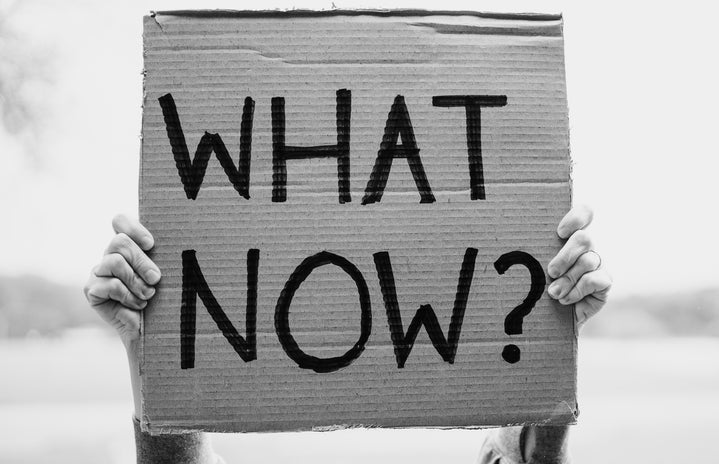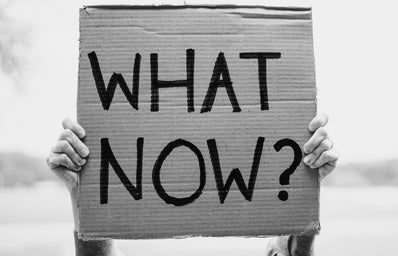In this moment, as we fight to keep issues of racial and social justice on the front pages, it seems apt to return to 1968 and re-examine the protests that are the foundations of the Black Lives Matter movement. 1968 is often called one of the most consequential years of the 20th century. The explosion of protests was the accumulation of years of frustration and activism. This momentum carried through into the 1970s but dissipated in the 1980s. The possibility that the reckoning which accompanied the murder of George Floyd last year will be shrugged off is high, especially as the media churns quickly through a 24-hour news cycle. The activists of the 1960s and 70s were not perfect, far from it – they conformed too narrowly to normative ideas of hierarchy and struggled to expand the reach of the movement to the plights of other marginalised groups, such as transgender people and the lower socio-economic classes. However, the anti-war, feminist, civil rights and counter cultural protestors can teach us a lot about creating a movement which, decades later, is still invoked in meaningful and powerful ways.
- The power of an expanded reach: Margaret Burnham, lawyer and civil rights activist, has said the approach taken in the 60s and 70s was to push all the buttons – ‘electoral politics, policy reforms and street protests, which she said was ‘critical’ to the progress made by the Civil Rights Movement [1]. The importance of a wide-ranging movement cannot be understated. The police can play whack a mole by shutting down sporadic protests, and activists can be blocked out of individual council seats, but when mobilisation spans across society, the pressure on the system becomes overwhelming. Burnham also highlights something I believe has been lost: ‘We understood that local politics was critically important to what we were trying to do, and so a lot of us went into local government to try to make change on the local level’ [1]. Local politics doesn’t capture the same grandiosity that national politics does in the public imagination. The work of local politics isn’t glamorous and the issues sometimes appear mundane. However, as Burnham says, it is vital to changing the system from the ground up.
- Translating momentum: Reflecting on the stages of the Vietnam War protests, anti-war protestor, Bill Zimmerman, highlights their success in building a mass movement that could educate the public and loudly make their position known. Their failure to convert that momentum into a strong political force is a lesson in the power of political participation. ‘We were often a tactical mess’, he has said, ‘but our leadership was strategically coherent and relentlessly determined’ [2]. Obviously, there are debates to be had over the wisdom of working within a broken system rather than working to dismantle it entirely, but while that debate is being had, it is our obligation to do what we can with what we’ve got.
- Homogeneity never works: Gloria Steinem, the most famous feminist in the world, once said, ‘when unique voices are united in a common cause, they make history’ [3]. This has always been true. One of the greatest failings of second wave feminism was its focus on middle class white women. Today, we are much better at ensuring time and space are given to people from across society, but we are far from perfect. Listening to people from a diversity of backgrounds and political identifications makes us better thinkers. The fight for racial, social and economic justice has been centuries in the making, and there is still so much to do. Giving a platform to as many people as possible is not only a theoretically good thing to do, but is also in the best interests of the movement.
At the end of the day, Black Lives Matter as we know it would not exist without the work of subversive men and women who (like in 2020) risked their safety and freedom to reject the systems of persecution and oppression. We can learn from the successes of the 60s and 70s, but we can also learn from their failures.
If you’d like to learn more about the counterculture of this period without having to pick up a textbook, check out The Trial of the Chicago 7 on Netflix, The Glorias on Amazon Prime or Selma on Netflix.
Sources:
[3] https://edition.cnn.com/2013/06/10/world/girl-rising-steinem/index.html
This article was written on the 12th of March 2021.



